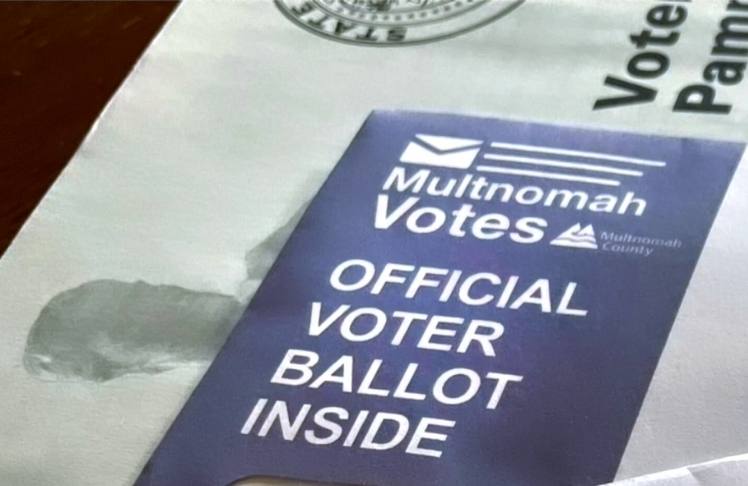
Portland voters will consider two competing questions on short-term rentals. This November voters at the ballot box will weigh separate proposals dealing with corporate owners and significantly cutting the number of such rentals. In all, Portland voters will consider 5 citizen-initiated referendums, also included is an $18 minimum wage measure in addition to the renters Questions A and Question B.
Both proposals could be approved and go into effect, but more analysis would have to be done after the election. Question A seeks to ban corporate and non-local operators from registering short-term rentals, while Question B would reduce the number of short-term rentals and increase fines and fees.
City code states that any number of ordinances may be voted on in the same election, but if two or more are approved with conflicting provisions, the ordinance with more votes takes precedence.
An owner-occupied unit is an owner’s primary home – they rent out a room or their full residence if they’re away – but spend most of their time there. Non-owner occupied units are whole-home or whole-apartment rentals; the owner is never there. The City Council tightened the rules in late 2018 and raised the cap to 400. Short-term rentals on the city’s islands are not capped.
Question A would stop corporate and non-local owners from registering short-term rentals, stop property owners from evicting residents so they can immediately convert a unit into a short-term rental, and ban such rentals in units classified as affordable. Current short-term rental operators would be protected; their registrations would not be revoked because of these changes and they would be allowed to renew them.
Question B would restrict short-term rentals in Portland to units that are owner-occupied, tenant-occupied or located in a two-unit building where the owner lives in one unit. It also would lower the cap on non-owner occupied units, move the city’s fee structure from a sliding scale to a flat rate of $250 per owner-occupied unit and $750 per non-owner occupied unit, and increase penalties for violations.















